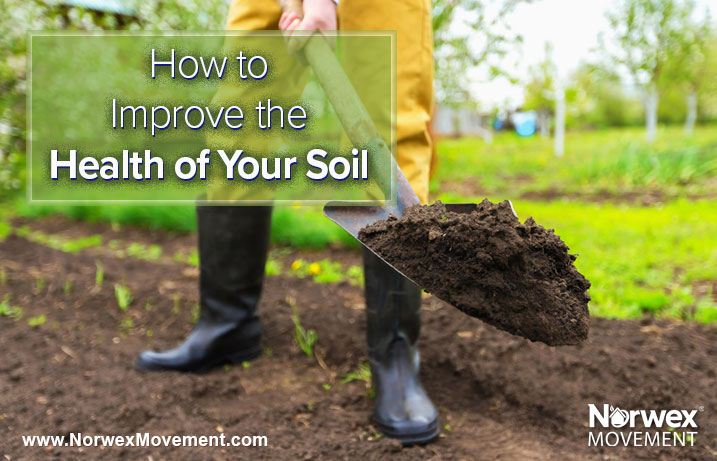

Did you know? Compost provides literally billions of benefits for your landscape! In a nutshell, compost is simply decomposed organic matter—and just one teaspoonful contains more living microbes than there are people on Earth!
Compost builds and enriches soil, delivers nutrients to plants, keeps water in the ground to help fight drought, and even helps eliminate the “need” for added chemicals/fertilizers.
And by redirecting items that would otherwise end up there, composting also helps to lengthen the life of your local landfill.
It’s been estimated that up to a third of the world’s food supply is thrown away or otherwise wasted every year. According to USA Today, “Wasted food accounts for about 2% of greenhouse gas emissions, 35% of freshwater consumption, 31% of cropland and 30% of fertilizer usage.”
If you’ve ever thrown your leftovers in the garbage, why not consider adding these nutrients to your soil instead? Watch the short video we resurrected from an earlier blog showing how easy it is to get started composting—and how good it is for your plants as well as the soil.
And for those who don’t have much room, here’s a video showing how to compost in a small space.
If you do decide to explore the benefits of composting for yourself, check out this list of 163 items you might not have known you could compost from Marion Owen, co-author of Chicken Soup for the Gardener’s Soul. You’ll also want to be aware of these DO’s and DON’Ts of composting from TreePeople.org for getting the best results for your landscape.
And remember, there’s more to achieving healthy soil than just composting.
Most of all, enjoy the fresh air and sunshine! The time you spend outdoors in your garden is as good for you as it is for your landscape!
![]() Don’t have a garden, but still want to compost? Lots of new services are popping up in North America—like Garbage to Garden in Portland, Maine—that will pick up and compost your scraps for you!
Don’t have a garden, but still want to compost? Lots of new services are popping up in North America—like Garbage to Garden in Portland, Maine—that will pick up and compost your scraps for you!
Resources:
Great video, it really breaks down the process! My tip is to remember to turn your compost daily if you have a big pile! Forgetting to do that can cause a rotten mess!
Good reminder! Thanks Gingi!
My husband build me a box for compost 3 years ago! One of the best gift he ever gave me! 🙂
That’s good to know that compost would be able to help you to keep water in your soil. I would think that would be particularly useful in an arid climate. I’ll have to consider using some of that in my garden and see if it helps to keep my plants in good condition.